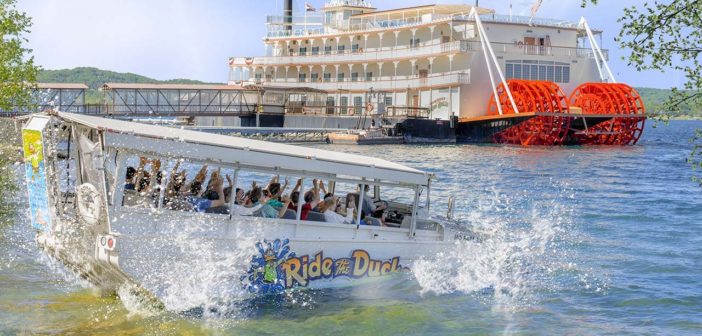Passenger vessel and other marine companies should have a crisis plan in place, just in case.
“If you don’t have a crisis plan, get started today,” David Norman, managing director, Kitchen Public Relations, New York, said at a keynote presentation Thursday at the Passenger Vessel Association’s annual convention in New Orleans. (Originally, Adm. Charles Ray, vice commandant of the Coast Guard, was supposed to deliver the keynote address, but was unable to attend due to the government shutdown.)
“Crisis management is a very serious business,” said Norman. “Be proactive. It’s almost a form of insurance. You hope you never have to use it.”
He said communication is key whether it is within the company or with members of the media trying to educate the public. “We focus on media outreach and public education,” Norman said. “Handling a crisis the wrong way can put your company out of business.”
Your company’s action plan following the beginning of a crisis should include notifying the public relations team, legal and insurance teams; mobilizing your crisis team; putting together a situational assessment; monitoring the media; issuing a holding statement; responding to media inquiries; temporarily suspending social media; updating company statements; and having the crisis team assess and update the situation.
Dealing with the media is essential. “One of the worst things you can say is ‘no comment,’” Norman said. “People think you have something to hide. It’s much better to say, ‘I don’t know’, if you don’t know. The truth will always come out.”
Norman said the keys to effective crisis management are “tell it all, tell it fast, tell the truth.”
Among the most important measures to take after a crisis begins are not to overreact, stay calm and focused, work with the media, not against it, monitor what’s being said about your company on social media, and imagine and prepare for the worst, Norman said.
In July 2018, an amphibious duck boat, operated by Ride the Ducks Branson, carrying 31 people foundered and sank on a lake near Branson, Mo., leaving 17 dead, the deadliest accident ever involving the popular tourist boats. In November, a federal grand jury indicted the duck boat’s captain for negligence and in attention.





